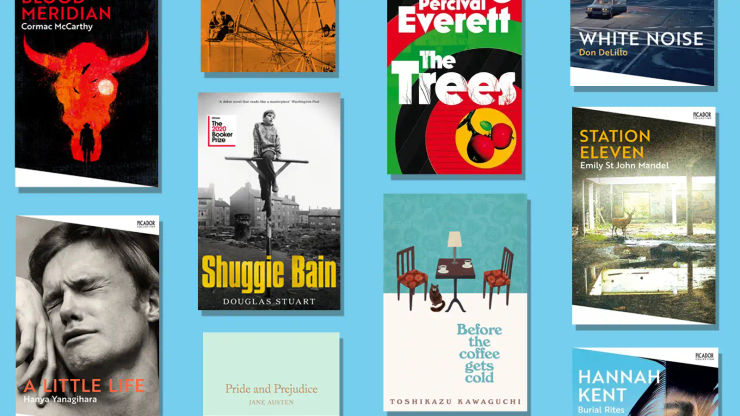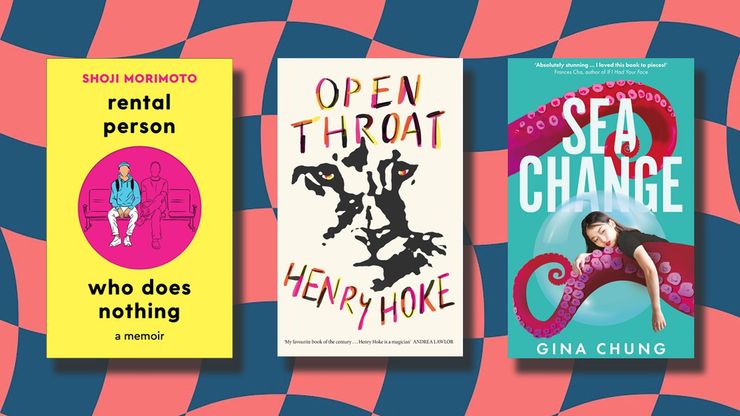What your reading speed really says about you
Do you zip through books at record speed, or do you prefer to take your time over a leisurely read? As Ali Roff Farrar writes, your answer might reveal more than you first thought.

Whilst some readers can juggle multiple books, whizzing swiftly from one read to the next, others like to settle in and take plenty of time over a good read. Ali Roff Farrar, a self-confessed slow page-turner, is intrigued by which approach best serves the reader. Is quick reading a sign of higher intelligence? Or is a slow read a more considered and enriching one? Read on, at whatever speed suits, to find out. . .
I once had a romantic desire to study English Literature at University, as many of us booklovers do. I’d devour books – staying up until the early hours on school nights just to read one more chapter, spending whole glorious weeks in the sun with my face stuffed in a book on family holidays. So, to read books for three whole years at university seemed like heaven, until I discovered just how many books I’d have to read. Three books a week? A week! Around lectures and coursework and drinks at the Student Union? No matter how much I loved to read, the magnitude of pages I’d have to get through was just too enormous to grasp. I was ashamed at the time to admit it, but I was (and still am) a slow reader. I quickly changed my mind to study Psychology instead.
Until only recently I saw my slothful reading pace as an embarrassing representation of my intelligence – or rather, lack of it. It felt as if those around me who hurtled through books were sharper and more academic, and I felt inferior, trying to hide my shameful secret. But is it all as simple as that? Is it really true that the faster you read, the more intelligent you are? Or is this just another collective societal falsehood we have conjured up, similar to the myth that morning people are more virtuous, and that night owls who are late to bed and rise are wayward and lazy? As with most things in life, research shows it’s not so black and white.
‘Is it really true that the faster you read, the more intelligent you are? Or is this just another collective societal falsehood we have conjured up . . .?’
Are you a quick reader? Turns out you might have a larger vocabulary
Speedier readers will be pleased to know that language skill is at the heart of reading speed. Research1 has found that the greater vocabulary you have, the faster you are able to read. So generally, faster readers may have greater language skill and vocabulary. The researchers advise that if you want to learn to read faster, ‘become a more skilled language user (e.g. through increased vocabulary).’ However, the same research found that faster readers may also lose some comprehension of what they are reading . . .
Reading skill and speed isn’t just about the act of reading – it matters what we’re reading too, and why. ‘The research shows that there is a trade-off between speed and accuracy. If a thorough understanding of the text is not the reader’s goal, then speed reading or skimming the text will allow the reader to get through it faster with moderate comprehension.’
So, if we’re just looking to get through an information pamphlet, or a colleague’s lengthy email, reading speedily will mean we’re taking it in quicker, but perhaps not taking all of it in. Which could be perfect if we enjoy reading non-fiction books, from which our main goal is to garner information about a general topic, and consume as many books as possible, not minding if we miss a bit of detail along the way.
But what if novels are your thing? Novelist Susan Hill wrote, ‘do not insult yourself or a book which has been created with its author's painstakingly acquired skill and effort, by seeing how fast you can dispose of it.’ Indeed, the research shows that fast readers who whizz from novel to novel may be missing out on the finer literary detail that novelists have lovingly and skillfully created. So, what does this say about our slower readers?
Are you a slow reader? Research shows you might be getting more from your reads
Well, my unhurried friends, slower readers may rejoice to know the research shows slower readers may just simply be more detail-oriented than their faster reading companions. Philosopher and philologist (the study of texts and written words) Friedrich Nietzsche said, ‘it is not for nothing that one has been a philologist, perhaps one is a philologist still, that is to say, a teacher of slow reading.’ In fact, speedier readers may not only be neglecting the finer detail of what they are reading, but they also may not know what they are missing – otherwise known as ‘metacomprehension’ – the ability to know how much we are actually comprehending. This can lead to ‘just good enough’ judgements in what we are taking in.2
This brings us back to the idea of what we’re reading, and why. Many slower readers would argue, ‘why would I want to rush through a book in a "just good enough' approach? Surely that’s not why we read and love stories and novels and poetry?’ Based on this research you could argue that slower readers are getting more from their reads – more of the detail, the story, more of the world that the author has created, more of the subtle nuances that they write into their characters.
Which leads me to wonder, perhaps it’s not a ‘slower or faster’ debate at all, but one of personality? Are you a reader who likes to make their books last as long as possible, as you would take your time over a piece of chocolate cake: indulging in the story, luxuriating in every detail, appreciating every sentence. Or do you have a ‘too many books, too little time’ approach – wanting to devour and take in as many books as possible in this one precious life?
Perhaps ultimately, the real question is, do you value quality… or quantity?
Sources:


